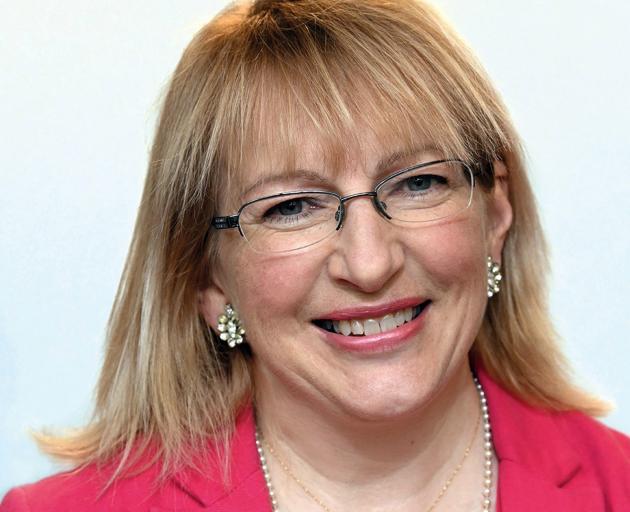
The fund was earmarked two years ago in the Dunedin City Council’s 2021-31 long-term plan with an intention to drip-feed expenditure on new council homes — mainly for older people.
Spending would happen at a rate of "$2 million each year over the 10-year period", the plan said.
Cr Sophie Barker said the council should look at the speed and strategy of spend.

"We need to think about how we get bang for buck."
Cr Barker also called for council consideration of how the funds were administered.
In Christchurch, the council leases its social housing to a charity, enabling its provision to be overseen by trustees — and for the charity to claim income-related rent subsidies from the Ministry of Housing and Urban Development, enabling reinvestment in more homes, rather than reliance on ratepayers.
"The council should investigate a housing trust. It would be silly to miss out on government money," Cr Barker said.
Dunedin City Council housing principal policy adviser Gill Brown estimated 1500 homeless people in the city were street sleeping, couch surfing or in temporary housing — including boarding houses.
The figure estimated by the Ministry of Housing and Urban Development is more than double this — 3207 — and includes people living in homes deemed uninhabitable or insanitary.
There were nearly 1000 bedrooms needed on two city housing waiting lists — but this "does not represent the number of homeless people", council general manager corporate and quality Robert West said.
Many homeless people spoken to by the Otago Daily Times during its investigation into the city’s homelessness problem said they were not on waiting lists because they had disengaged from the system and thought it would take too long to get a home.
The waiting list for council housing was 222, the council said.
The council prioritised people aged over 55 and people with a need for physically accessible housing.
Last month, six new tenancies started.
The council provides 940 units at present, with most of them - 732 - one bedroom units, plus 161 double units and 47 two-bedroom units.
The waiting list for Kāinga Ora social housing is 675 bedrooms, according to the agency’s latest statistics from the end of June.
Kāinga Ora prioritised people based on those most at risk.
The Kāinga Ora construction of new homes in the city was "a start but simply not enough" Night Shelter chairwoman Clare Curran said in a statement to the ODT, which called for city-wide "resourcing and a sense of urgency".
More than one in four responses to the consultation about the council’s ten-year plan mentioned social housing.












